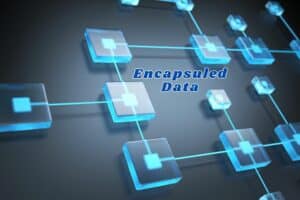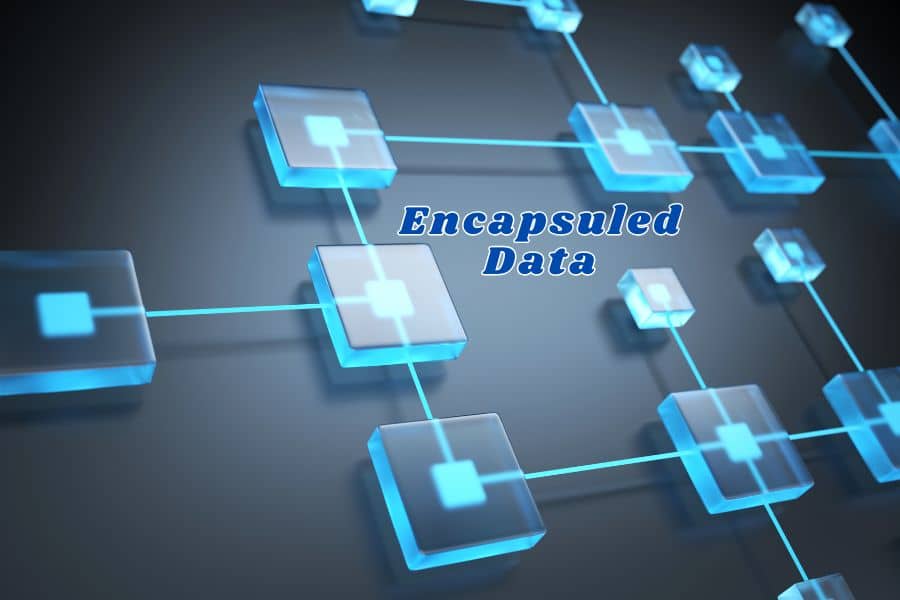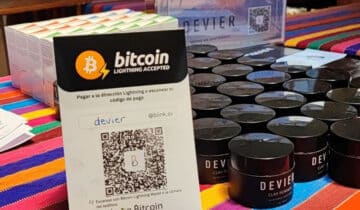The Applications of the Blockchain Beyond Cryptocurrencies
Blockchain is often associated with cryptocurrencies such as Bitcoin and Ethereum, but its applications go far beyond the financial world. Due to its decentralized, secure, and transparent nature, blockchain is transforming industries such as logistics, data management, healthcare, and more. In this article we will explore some of the most promising applications of blockchain beyond cryptocurrencies.
1. Traceability in Logistics
One of the most important uses of blockchain is in the traceability of production chains. Thanks to its ability to store information in an immutable way, every step of a product can be recorded in a blockchain and accessed at any time. This is particularly useful for sectors such as agribusiness or fashion, where certification of origin and production conditions are crucial for consumer trust.
Blockchain technology makes it possible to create a chain of information that cannot be altered, ensuring that every step in the process is verifiable and transparent. For example, in the food sector, data on cultivation, processing and distribution can be recorded, allowing all actors in the supply chain and end consumers to have maximum visibility.
2. Data Management and Personal Documents

Projects such as TruePine, developed in collaboration with SICREX, are pushing this idea even further, allowing immutable, encrypted information to be written within blockchain blocks using a proprietary methodology. This technology allows confidential information to be stored securely and decrypted only when needed. The applications of this system are many: from document management for companies and institutions, to the protection of personal and health data, through the secure sending of contracts and legal communications.
3. Healthcare and Medical Records
In the healthcare sector, blockchain can play a crucial role in the management of electronic medical records. Currently, healthcare data is often distributed among different facilities and databases, which makes it difficult for patients and physicians to quickly access a complete history of care. Blockchain can solve this problem by creating a unified and secure registry where every update to health data is visible and certified. In this way, patients retain control over their data, deciding who can access the information.
4. Governance and Voting
Blockchain is also finding applications in electronic governance and voting contexts. A blockchain-based voting system can ensure the transparency and integrity of the election process, eliminating the risk of fraud or manipulation. Each vote can be recorded immutably and anonymously, yet traceable, thus ensuring that the process remains fair and secure.
5. Digital Identity and Security
Another emerging area is digital identity. The blockchain can act as a decentralized registry for identity, allowing users to create a secure and verifiable “digital identity.” This could be used to access banking, social or government services, reducing the risk of identity theft and increasing security in authentication processes.
The Future of Blockchain Beyond Cryptocurrencies.
The application possibilities of blockchain are virtually endless, and innovation is only just beginning. Solutions which allow information to be encrypted immutably within blocks, represent the future of industries such as logistics, document management and personal data protection. The ability to record data securely and transparently opens up new opportunities for businesses and institutions to benefit from a decentralized and reliable system to manage critical information.
Blockchain is set to profoundly transform the way we manage data, transactions and operational processes, not only in the world of cryptocurrency, but in all areas of our daily lives.
Conclusion
Blockchain, initially linked to cryptocurrencies, is demonstrating its enormous potential in numerous areas. From logistical processes to personal data management, from healthcare to governance, this technology has the power to make many aspects of our digital lives more secure and transparent. Innovation continues, and projects like TruePine in collaboration with SICREX are proof that the possibilities of blockchain are still expanding.






 No products in the cart.
No products in the cart.